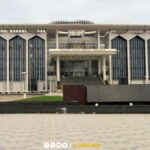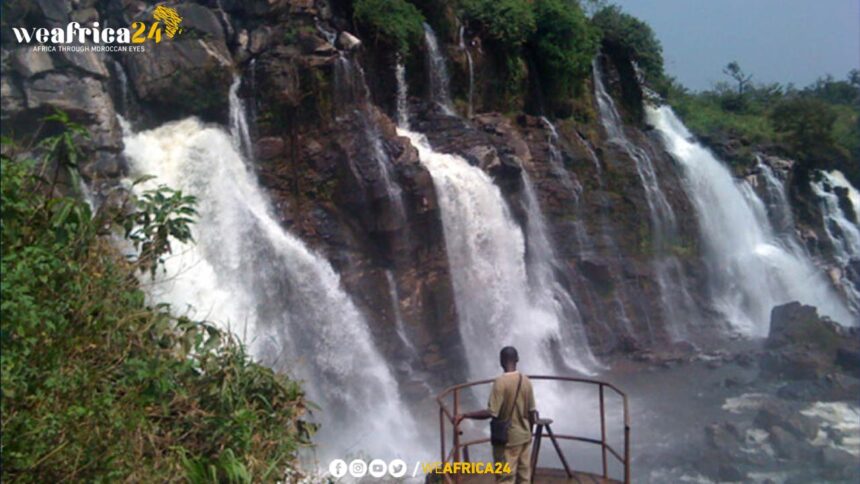In the Central African Republic, residents of Boali, located 95 kilometers north of Bangui, are deeply concerned about the unprecedented drying up of Lake Mbali. This desiccation, attributed to the effects of climate change, poses a significant risk to electricity production in both Boali and the capital.
The general management of Central African Energy (Enerca), the country’s sole electricity provider, has reported a reduction in the capacity of its power plants situated on this lake. Amid Lake Mbali, Pierre and his team can be seen fishing from a canoe.
Pierre, 54, has been fishing here for thirty years. “Previously, the lake’s level was never like this,” he asserts. “Despite being in the rainy season, it has seriously dropped. If there’s no change, electricity production will suffer.”
Since its establishment in 1967, Enerca has supplied electricity to Boali, Bangui, and the surrounding villages, operating three hydroelectric plants on Lake Mbali.
The receding waters alarm Béranger, an economic operator: “Electricity is vital for my welding workshop. Not only that, but institutions like hospitals and nearly all businesses depend on it. Currently, we have no alternative energy sources.”
Seven months after transitioning from analog to digital, Enerca now faces the consequences of climate change. Thierry Patient Bendima, Enerca’s General Director, explains: “Due to climate change, we’ve observed a drastic drop in the lake’s water level this year. This is also caused by delayed rainfall. This will impact hydroelectric production. We’re forced to open a valve to release water, which would disrupt the electricity supply to Bangui.”
To address this issue, some Enerca officials suggest integrating solar power plants as a crucial solution.







